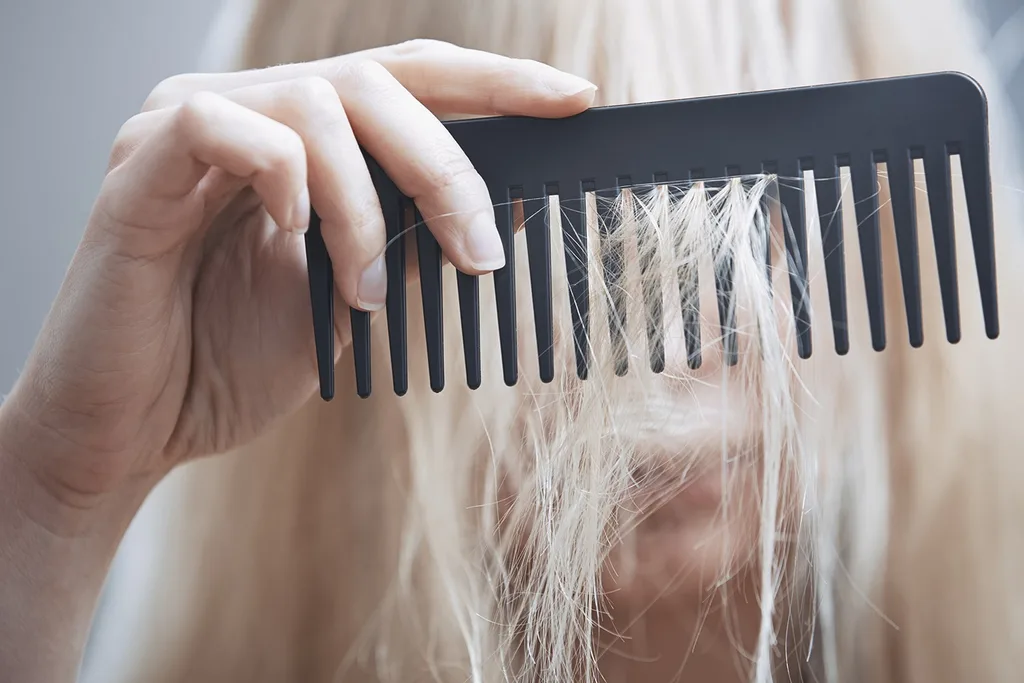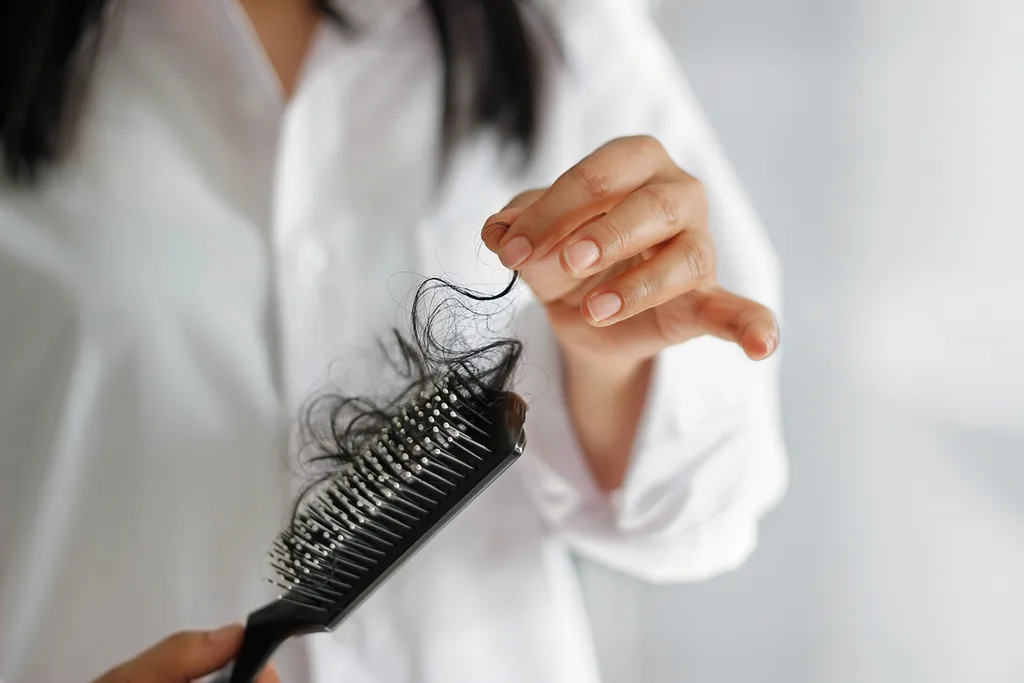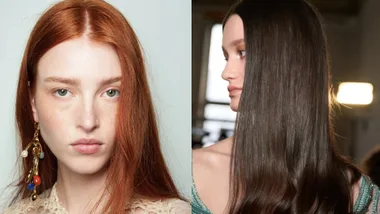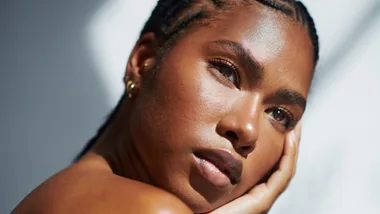Finding long strands of hair on your pillow, in your shower drain and all of your clothes is natural – annoying, yes, but natural. However, when hair loss starts to exceed the average (normal hair loss rates are around 80 strands a day), and you notice your hair falling out more frequently than ever before, that’s when there’s cause for concern. But, never fear! Once the cause of hair loss is identified, whether it be stress or genetics, it is possible to stop hair loss in both women and men.
Below, everything you need to know about hair loss – and how to stop it.
How much hair loss is normal?
It’s completely normal to lose around 80 strands of hair per day, however, if your hair is thinning, it pays to note that at least 1 in 3 women will suffer from hair loss or reduced hair volume at some point in their life. In fact, Trichologist Peter Elchaar says more than three-quarters of his patients are women. The first sign of hair loss that most women notice is usually either the widening of their part or that their ponytail is smaller.
What are the causes of hair loss?
Hair loss can either be genetic or reactive. The most common causes of hair loss are stress, a hormonal imbalance, iron deficiency, a thyroid imbalance, vitamin B12 deficiency, age and dramatic weight loss. The sooner you seek care for hair loss, the better the chances of successfully treating it. Below, we’ll explain each point in more detail.

Genetics
Female-pattern hair loss usually has a strong genetic component that can be inherited from either the mother or father. Also referred to as androgenetic alopecia, this type of hair loss can start as early as the late teens, reports WebMD.
Hormonal imbalance
A hormonal imbalance throws your whole body out of whack (hello, adult acne), including your hair. Whether it’s due to menopause, pregnancy, an underactive thyroid, polycystic ovary syndrome, or for no reason you can determine at all, an excess of androgens (the male hormone) can cause hair loss and shorten the hair growth cycle.
Stress
Think of stress and the first image that pops to mind is someone tearing their hair out. Well, if you get stressed enough it’ll actually fall out all on its own. That’s because stress can raise androgen levels, which in turn can causes hair loss. “When the body is under a lot of stress, it can trigger health issues, and the first thing to give up is the hair,” says Elchaar. “If you are going through stress and two or three hairs are falling out at once, something’s not right.”
Iron deficiency
Your hair needs certain vitamins and minerals in order to grow, including iron.
Too-Tight Hair Styles
“If you are typically pulling your hair back in a tight bun, your hairline can fatigue,” explains Elchaar. “This can be associated with hair loss around the hairline.”
A thyroid imbalance
The thyroid gland plays a major role in regulating the body’s metabolism and the production of proteins, so if it’s out of whack, it can affect many things, including hair follicles.
Vitamin B12 deficiency
Take note vegetarians and vegans, a vitamin B12 deficiency can often be to blame for hair loss as it can affect the health of red blood cells, which carry oxygen to your tissues. As vitamin B12 can only be found through animal proteins, those who don’t eat meat may need to look into taking supplements.
Pulling
It’s time to rest your belief that playing with your hair is an alluring trait. “When someone twists their own hair, they’re pulling that follicle quite hard,” says Elchaar. “It’s almost like weeding the garden.”
Age
Menopause can affect hair loss due to a hormonal imbalance, however, it’s also worth noting that it’s totally natural for hair to thin as you get older.
Dramatic weight loss
Any nutritional deficiency often first shows up in our hair, which means it pays to adopt a healthy, balanced lifestyle and avoid crash diets. However, if you do lose a lot of weight quickly, expect hair to fall off just as fast as the KGs do.

How do you stop hair from falling out?
The faster you address the problem and head to a trichologist or your GP, the easier it is to fix. Things such as changing your diet and taking supplements can help, as well as implementing ways to reduce stress and anxiety. It pays to note that hair grows in cycles, which means it can take up to three months for hair to fall out after a trigger has caused it and around six weeks before you’ll notice an improvement.
Changing your diet
Eat more protein: Hair is made of protein, so an adequate daily intake of protein-rich foods essential.
Include complex carbohydrates: Complex carbohydrates, such as peas, beans, whole grains, and vegetables, provide our hair with the energy it needs to grow.
Take a supplement
Supplements can be very helpful in boosting levels of vitamins and minerals your hair needs, such as Iron, Vitamin C, Vitamin B12, Vitamin D3, Copper and Zinc.










